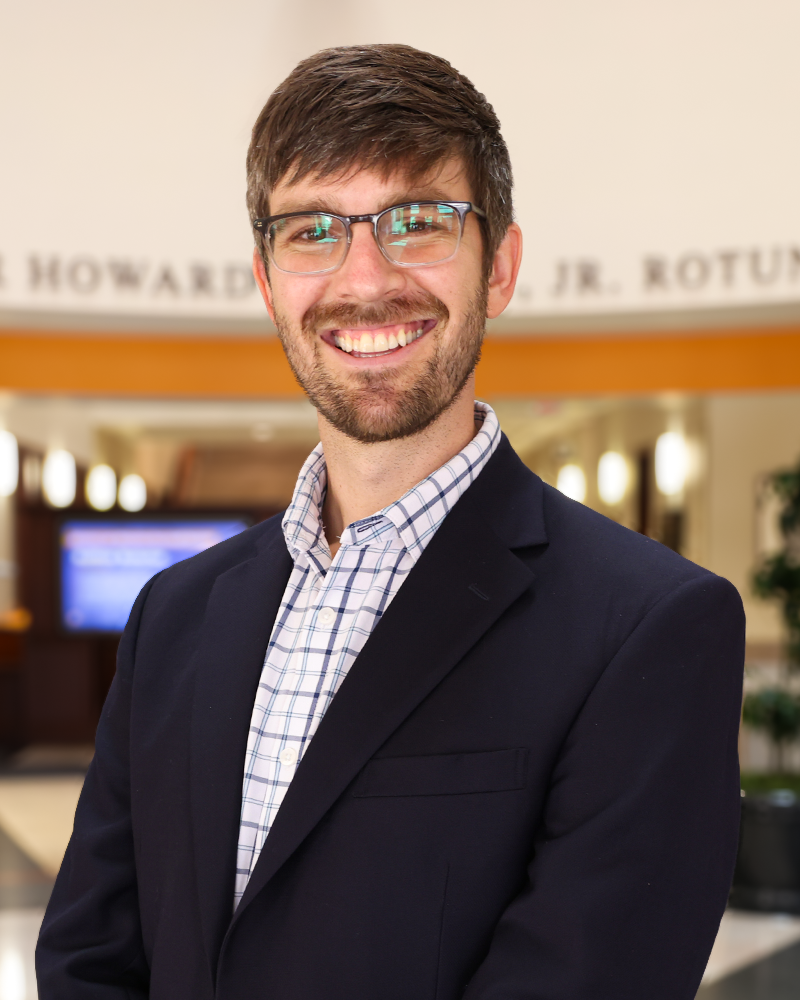Christopher Sundby

- Criminal Law
- Evidence Law
- Law and Neuroscience
Christopher Sundby
Professor Christopher Sundby specializes in the intersection of law and neuroscience. He joined the Winston Law faculty in 2025 and holds a joint appointment with the Department of Psychology and Neuroscience. Prior to joining the faculty, he clerked on the Eleventh Circuit Court of Appeals for the Honorable Adalberto Jordan and practiced at a boutique law firm in Miami, Florida for five years focusing on white collar criminal defense.
Professor Sundby’s research employs empirical and scientific methods to bring novel insight to legal questions. His research focuses on questions in the evidence, criminal law, and criminal procedure fields. A trained neuroscientist with a doctorate in neuroscience, he uses a combination of original experiments with neuroimaging and behavioral measures, theoretical data models, data analysis, analysis of the existing scientific literature, and more traditional doctrinal and descriptive methods. By applying these untraditional legal tools to traditional legal questions, his scholarship provides a unique perspective aimed at promoting legal reform.
Professor Sundby’s research agenda revolves around three primary questions: 1) What can neuroscience tell us about the accuracy of the psychological assumptions embedded in the Rules of Evidence and how they should be amended?; 2) How does our growing understanding of the cognitive realities of both criminal offenders and legal decision makers align with how substantive criminal law is currently structured and conceived?; and 3) What can neuroscience tell us about our criminal procedure practices in policing, at trial, and in sentencing? While the answers to these questions directly relate to evidence, criminal, and criminal procedure law, they also hold important implications for other legal fields such as mental health and juvenile law.
Professor Sundby’s scholarship has been published in law reviews, scientific journals, and magazines for legal practitioners. It has also been cited by the Presidential Commission on the Supreme Court of the United States, and been featured in legal blogs such as SCOTUS Blog, Courts Law Essay, Prawfsblog, the Religion Clause, Neuroethics & Law Blog, and CrimProf Blog, as well as podcasts such as the Excited Utterance, and in general publications such as GQ.
- Education & Experience
- Publications